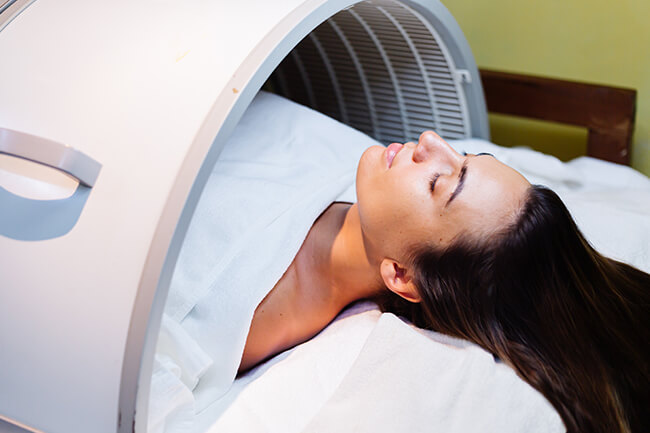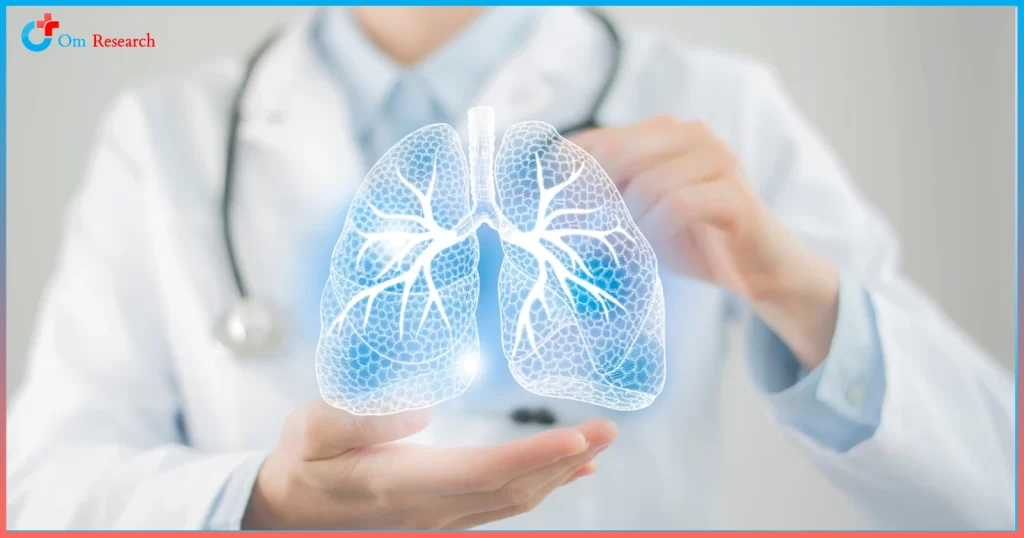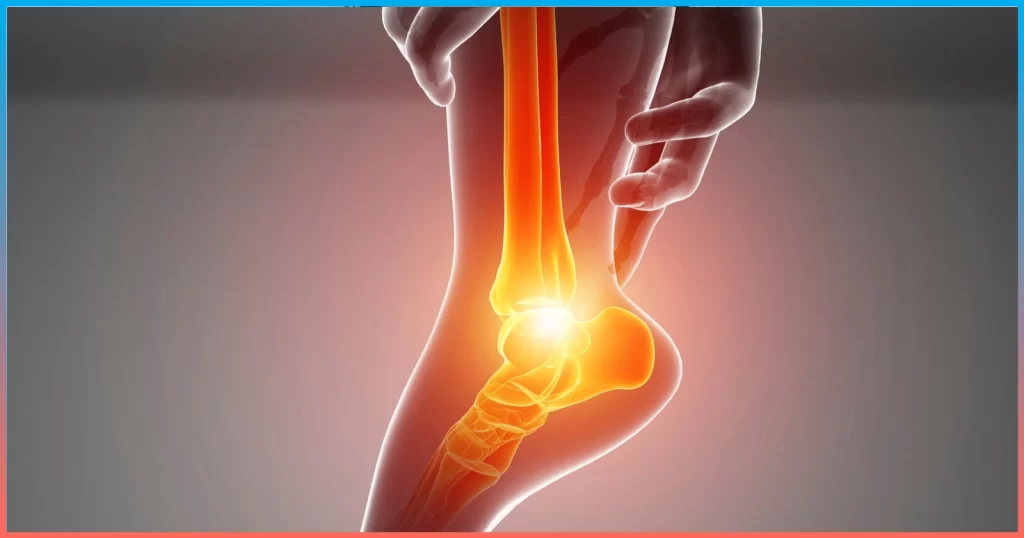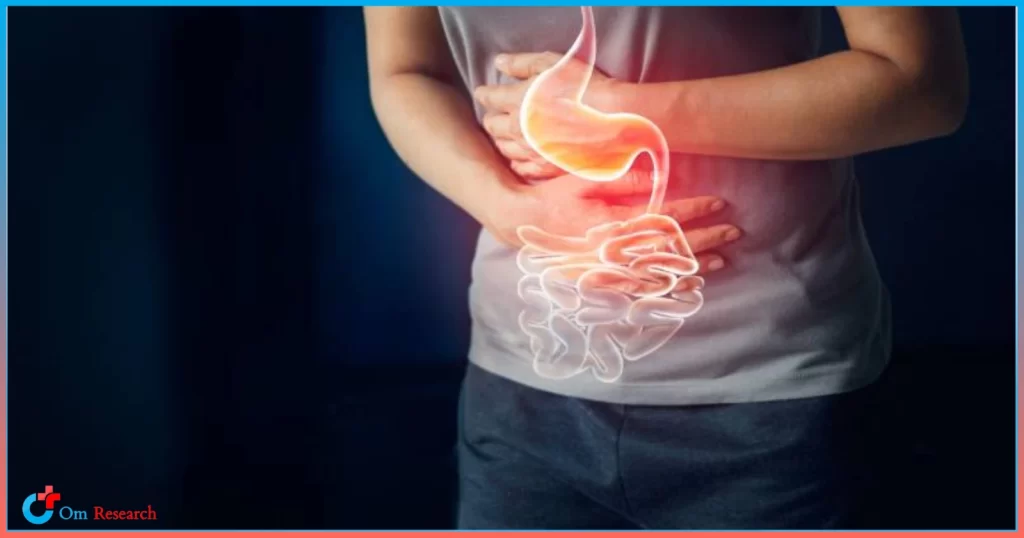What are hot flashes?
A hot flash is warmth that spreads over the body, typically and most strongly felt in the head and neck area.
Hot flashes are one of the most common and uncomfortable symptoms experienced by menopausal women.
Hot flashes can be different for everyone. Some people might not notice hot flashes, while others may have ones that disrupt everyday life. The severity and the length of time differ from person to person.
Hot flashes are most commonly experienced as symptoms of perimenopause and menopause, but may occasionally be due to other medical conditions. Not all women experience them, but many ordinarily menstruating women experience hot flashes years before the cessation of menstrual periods.
Factors That Trigger Hot Flashes
- Poor air quality or lack of circulating air
- Intense exercise
- Hot or spicy food
- Alcohol
- Hot drinks
- Smoking
- Overweight
- Anxiety or stress
- Saunas, hot tubs, and showers
Diagnosis
Our certified menopause practitioners usually diagnose hot flashes based on a description of your symptoms. They will suggest blood tests to check whether you are in a menopausal transition.
Our Hot Flash Treatment Program in Menopausal Women
Prescription medications are typically known to be more effective than over-the-counter treatments.
- Hormone replacement therapy – HPT : Hormone replacement therapy boosts hormone levels and can relieve some of the symptoms of menopause. Our health provider will consider whether your uterus is in place or has been removed when prescribing hormone replacement therapy. They will prescribe –
- Estrogen and progesterone: Prescribed if you still have a uterus
- Estrogen: Prescribed if your uterus is removed through hysterectomy
2. Non-hormonal medications : We recommend a low dose of paroxetine (Brisdelle), the only non-hormonal treatment for hot flashes. It is the only non-hormone treatment approved by FDA. Other anti-depressants that have been used to treat hot flashes include
- Venlafaxine (Effexor)
- Citalopram (Celexa)
- Escitalopram (Lexapro)
- Fluoxetine (Prozac)
3. Other prescription medications :
- Gabapentin – An anti-seizure, hot flashes treatment that is moderately effective in reducing hot flashes.
- Pregabalin – Another anti-seizure treatment for hot flashes
- Oxybutynin is a pill or patch used to treat urinary conditions like overactive bladder. It may help relieves hot flashes in some women.
- Clonidine – It is also a pill or patch used to treat blood pressure and might provide relief from hot flashes in women.
4. Nerve block procedure: A stellate ganglion block is effective for treating moderate to severe hot flashes. It involves injecting an anesthetic into the neck’s nerve cluster. Usually, we use this hot flashes treatment medication to manage the pain. Side effects of this menopause hormone treatment include pain and bruising at the injection site.
Hot Flashes Treatment at Home
Consuming foods with isoflavones will help in treating hot flashes at home. The foods rich in isoflavones include –
- Soybeans
- Chickpeas
- Lentils
- Flaxseed
- Grains
- Beans
- Fruits
- Vegetables
Are you looking for up-to-date hot flash treatment in Lancaster, CA? If so, contact Om Research Clinic today and book an appointment with our experienced team!



